
Ars Electronica Archive
-

Cutting Edge: Between click and control
The project “Made to Measure — I is a Search Engine” examines how tech companies develop strategies to profit from human weaknesses and insecurities by analyzing user data.
-

Christine Schöpf 1948 — 2025
It is with great sadness that we bid farewell to Christine Schöpf—a formative figure in media art and for all of us, without whom Ars Electronica would not be what it is today.
-
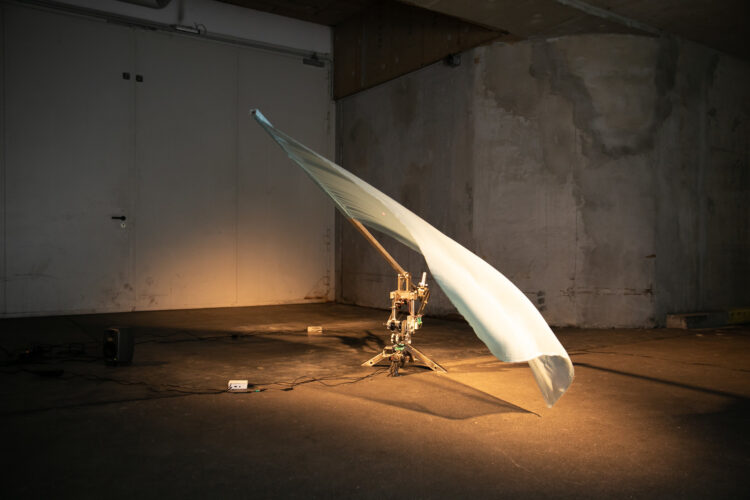
Cutting Edge: In step with control
In a new issue, Michaela Wimplinger presents a project that shows how fragile self-determination has become in a world controlled by technology.
-
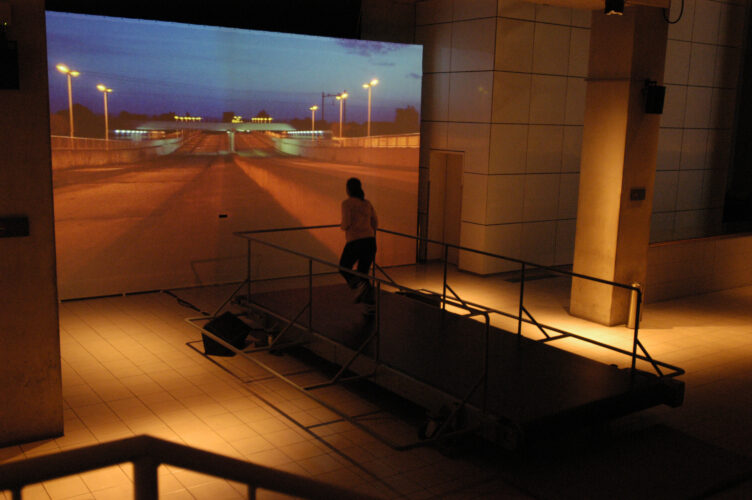
Cutting Edge: Running against the virtual wall
In “Run Motherfucker Run,” the body becomes the controller: those who run experience virtual immersion—those who stop fall. A powerful critique of passive consumption in digital worlds.
-

Cutting Edge: Hands-on drone art
In this issue, Horst Hörtner presents a project that shows how art, technology, and participation can come together: the Klangwolke 2012, in which swarms of drones were used for the first time and thousands of people became part of the production.
-
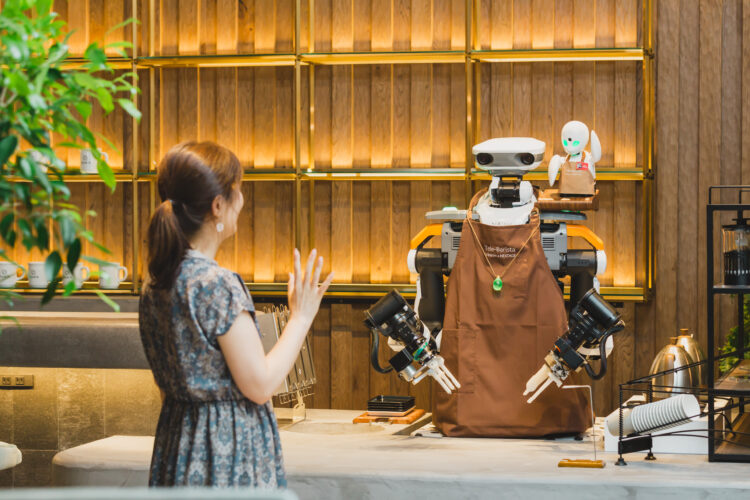
Cutting Edge: Avatars of Humanity
“Cutting Edge” is a new blog series in which Ars Electronica team members present outstanding artistic projects. In the first edition, Gerfried Stocker introduces a project that shows how technology can create closeness: In the ‘Avatar Robot Café,’ people with severe physical disabilities are integrated into everyday working life via robots.
-
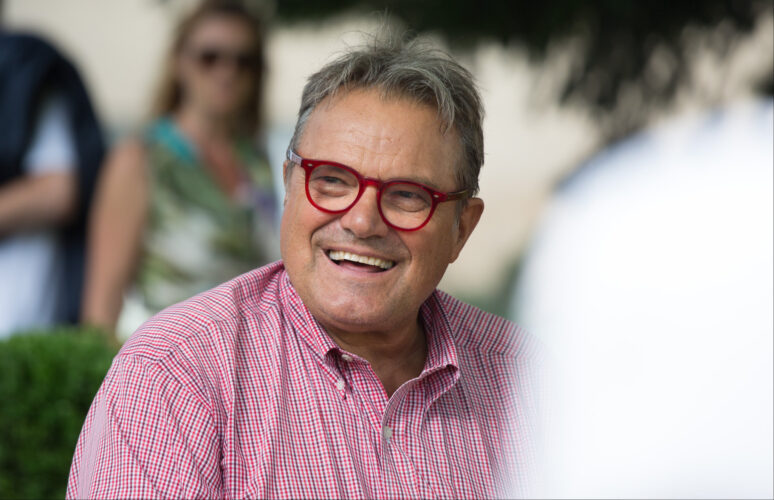
Oliviero Toscani: Creativity has to be subversive
Oliviero Toscani (1942–2025) used art and advertising to challenge society. His legacy inspires us to rethink the status quo.
-
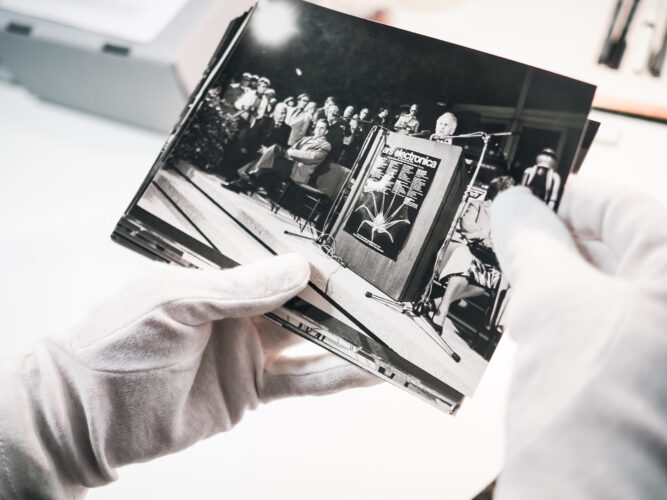
How the Ars Electronica Archive Reflects the Development of Artificial Intelligence
What do an archive of media art and the history of AI have in common? And can these histories perhaps be intertwined in order to gain a better insight into what has fascinated and preoccupied people at different times with the idea of “artificial intelligence”?
-
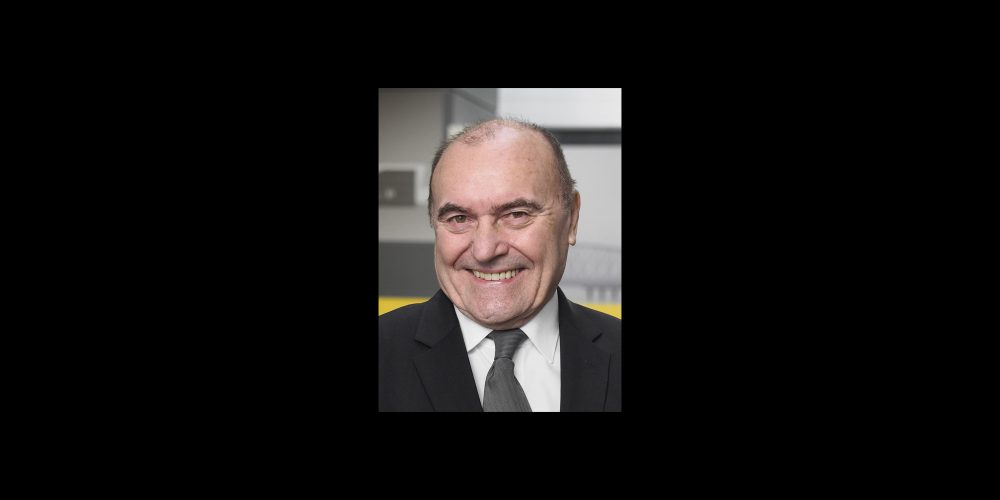
Hannes Leopoldseder: A Life Lived for the Future
He was a co-founder of the Ars Electronica Festival, invented the Prix Ars Electronica, initiated the construction of the Ars Electronica Center and, as a longstanding member of the Supervisory Board, helped shape the development of Ars Electronica to the end. Hannes Leopoldseder passed away at the age of 80 on February 12, 2021.
-

Networked archives and a glimpse into the future
Coronavirus, home office and a hacker attack. What followed was a project of increased collaboration, a dedicated conference at the Ars Electronica Festival and, for the first time, a virtual room in Mozilla Hubs. 2020 was an exciting year for the Ars Electronica archive, which is now available again in its online version, strengthened.
-
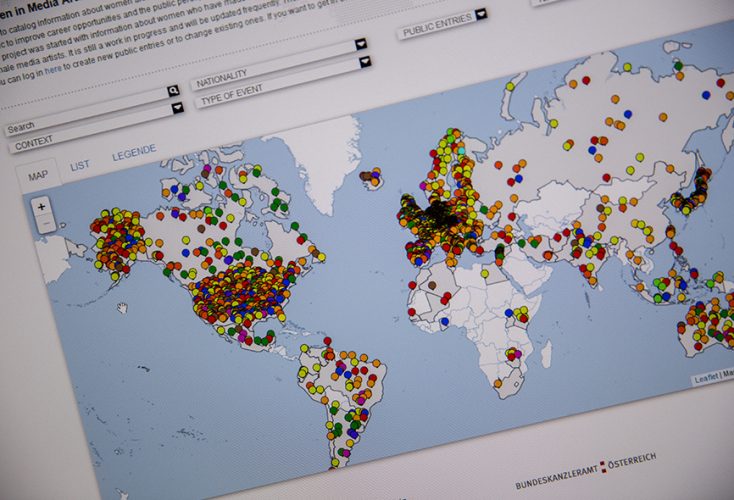
Women’s Networks in Arts & Technology
Elena Robles Mateo talks about her research project to portray networks of women in media art since the 1990s, and in her work has referred to the Women in Media Arts database of Ars Electronica, among others.
-
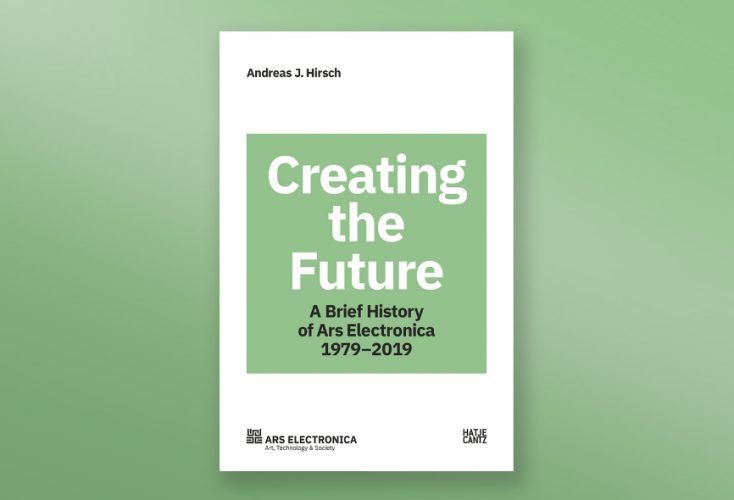
Creating the Future: 40 Years of Ars Electronica as a Book
In “Creating the Future” Andreas J. Hirsch tells the story of 40 years of Ars Electronica, invites key figures to speak and outlines the significance of the institution since it was founded in 1979.
-
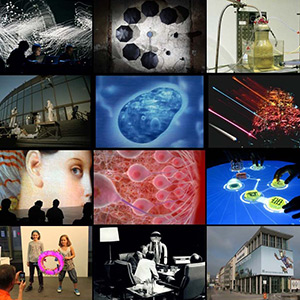
A Cross-Section of 35 Years of Media Art
What use is the world’s best media art collection if only a select few have access to it? The Ars Electronica Archive has enhanced and upgraded its online presence, and taken the additional step of making available videos of speeches and round-table discussions held over the last 35 years.